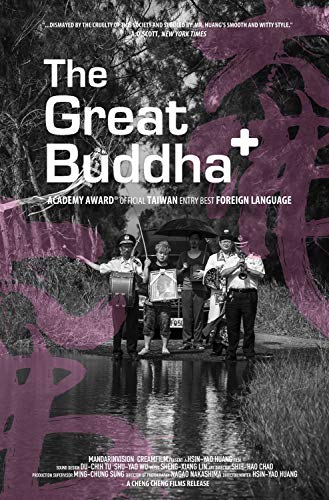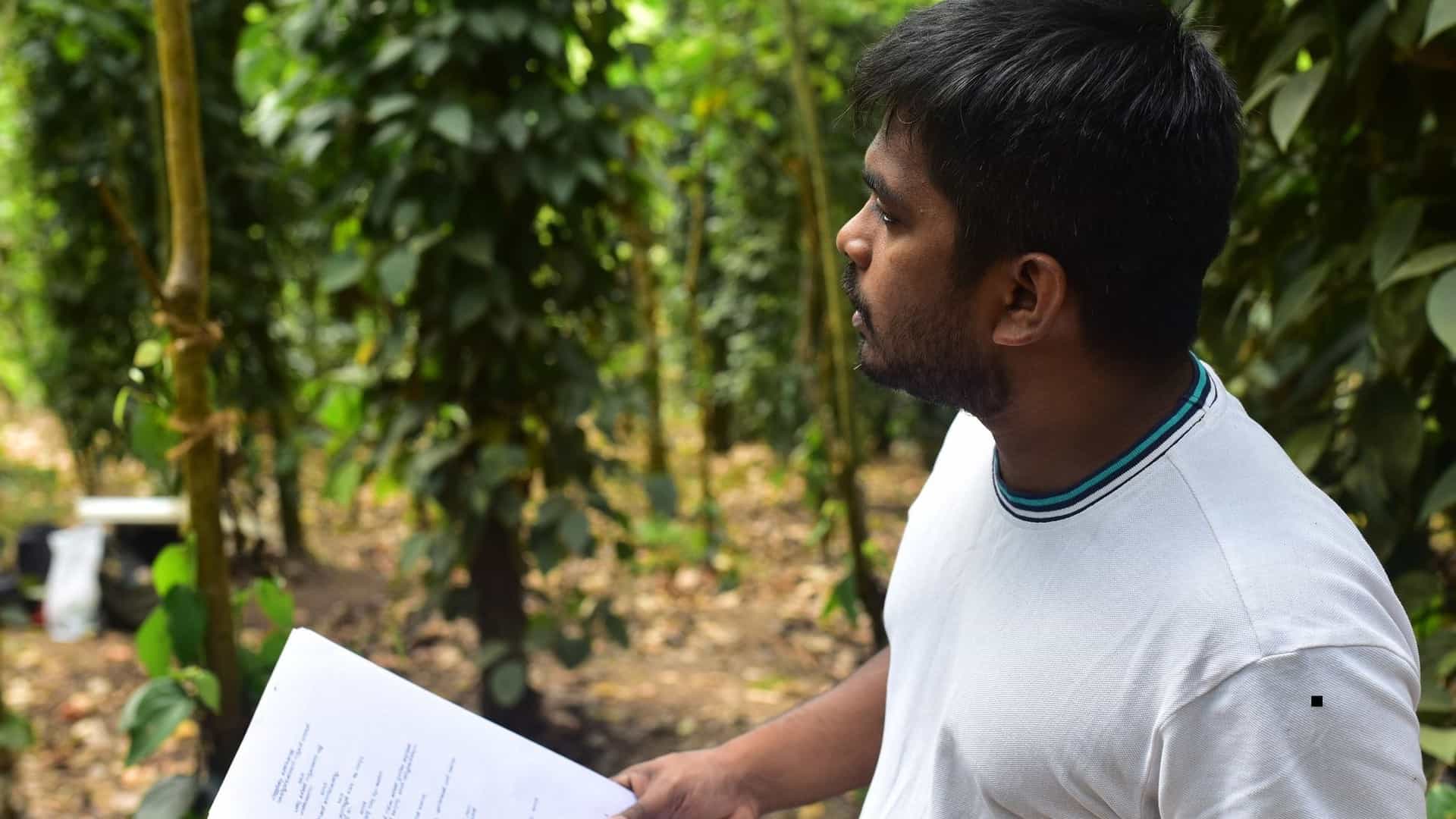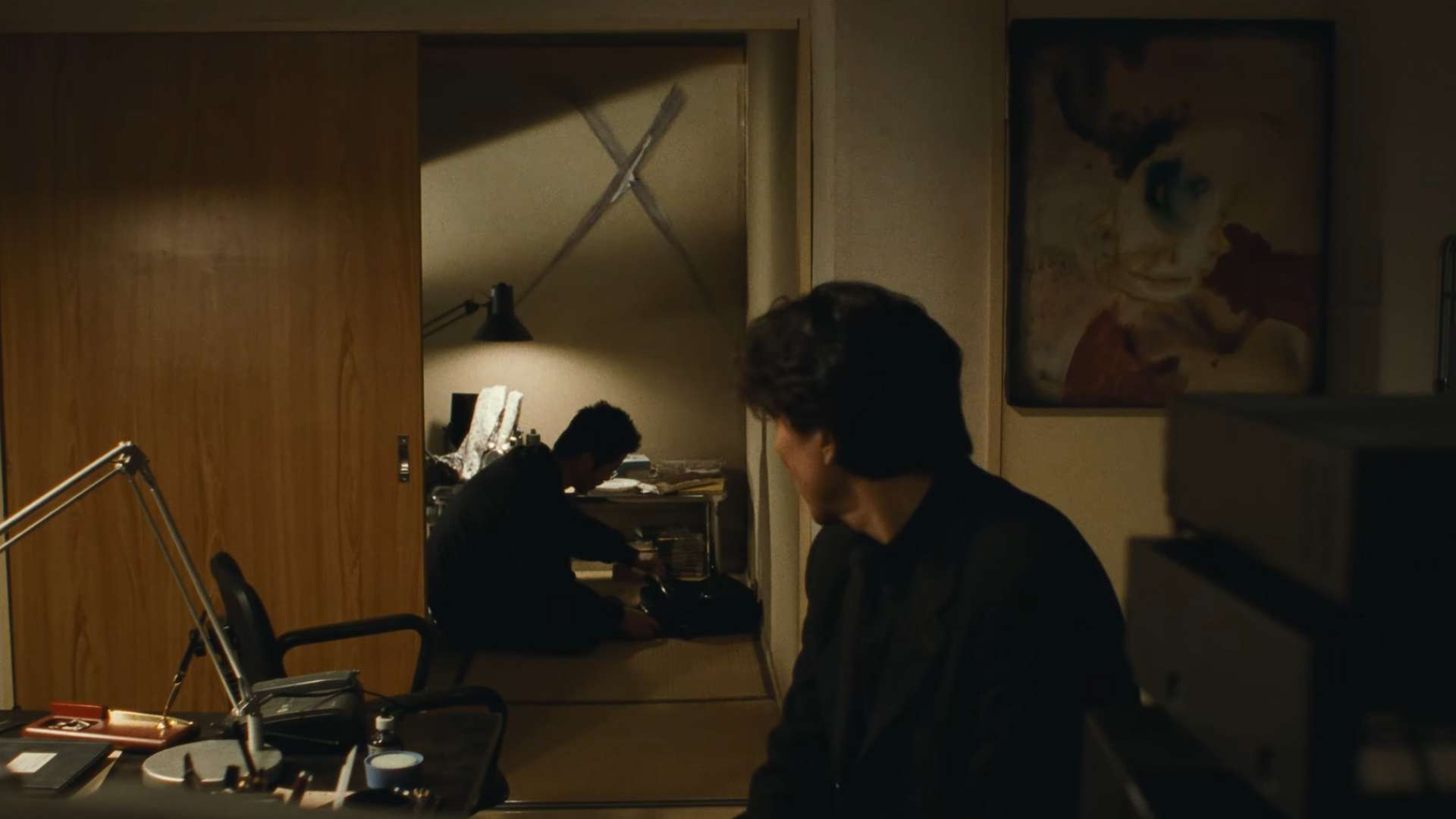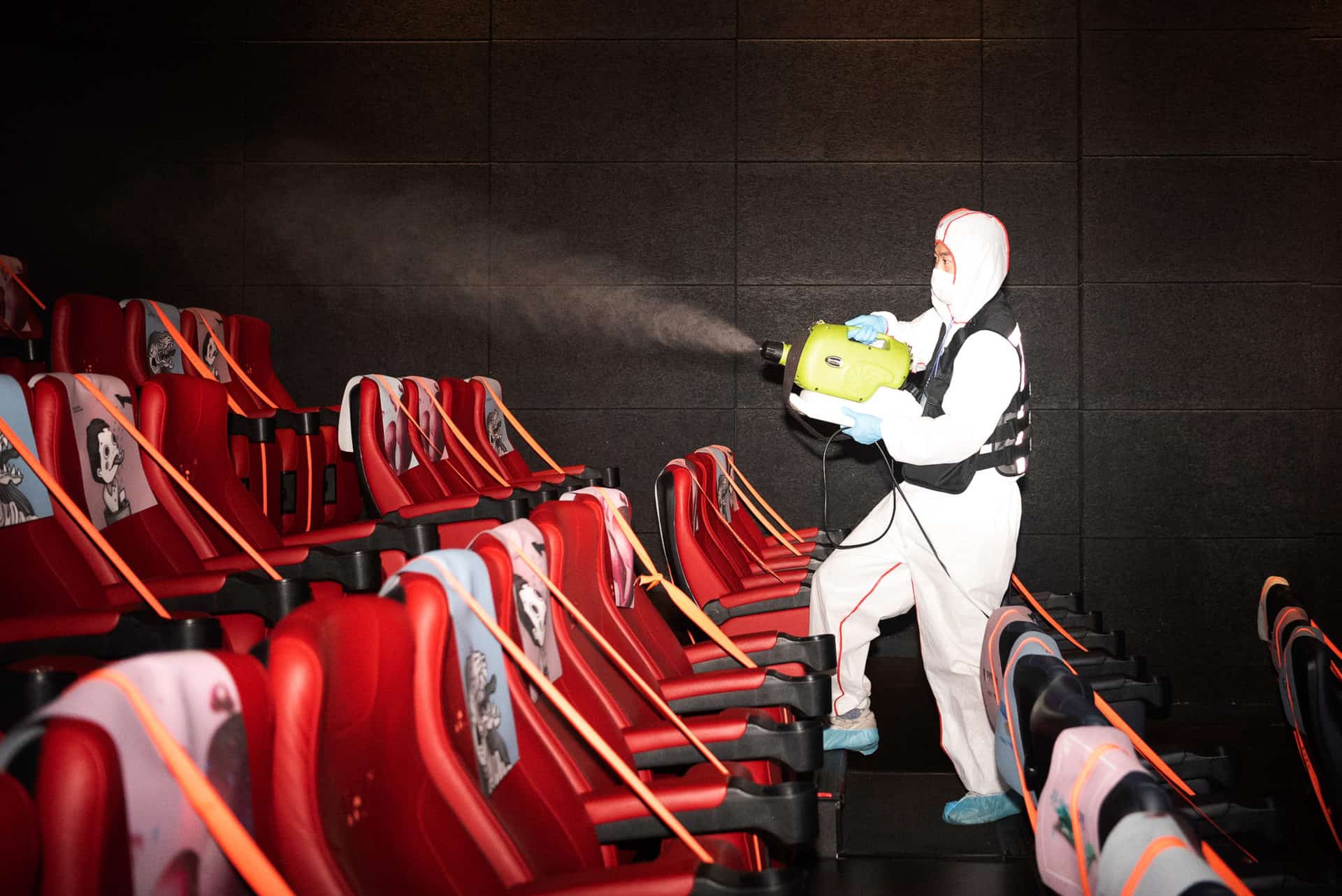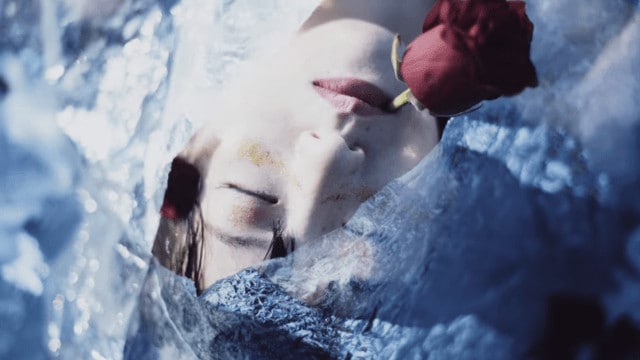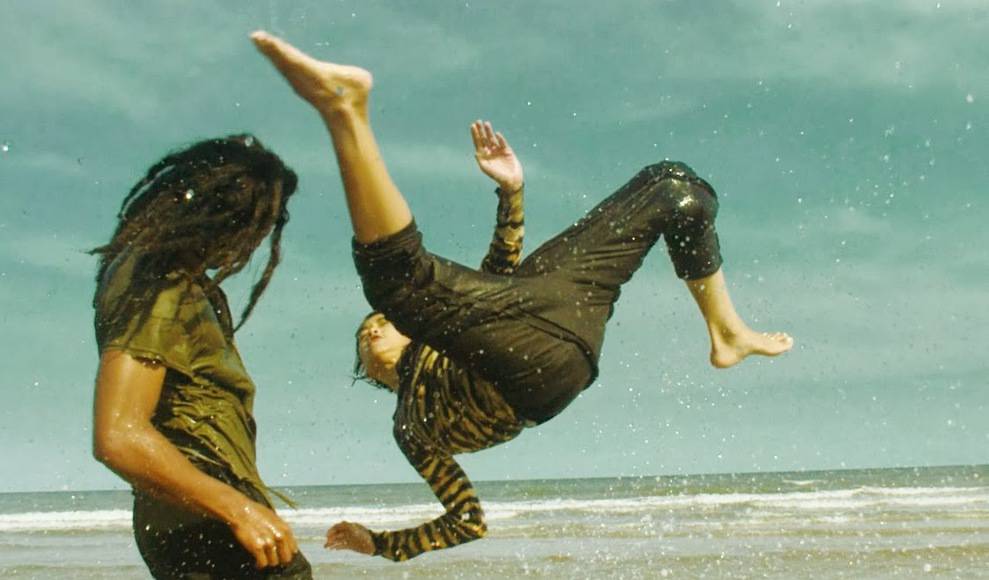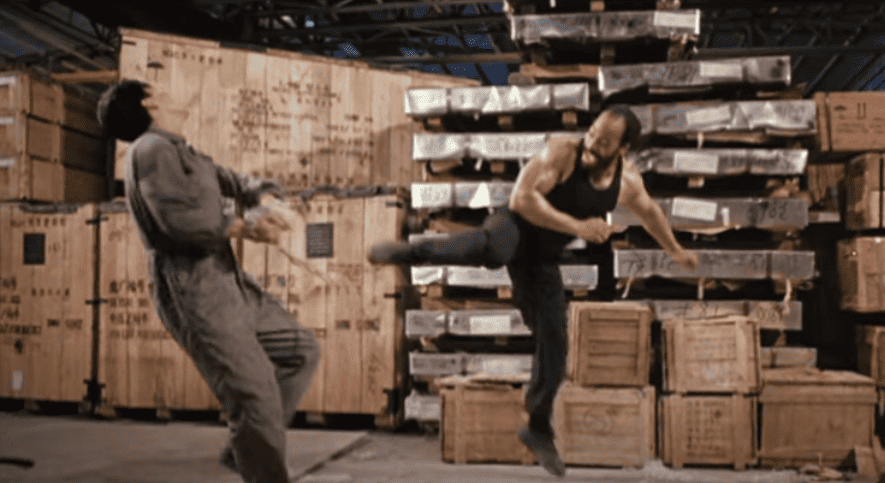31. The Great Buddha + (2017) by Huang Hsin-yao

In a reverse fashion to the traditional find-footage movie, “The Great Buddha +” is shot in a very crisp, contrasted black and white while the dash-cam videos are in bright and vivid colours. Like a portal on another dimension, the computer screen opens up a psychedelic world that our 2 losers, stuck at the bottom of society, can only imagine and that feels light-years away from them. In a surreal P.O.V. mode they peruse a city that is not for them, with colours they never see and women they'll never have. It's a world of “us” and “them” on the other side of the glass, but also the of “me” and “you” as in one of the final scenes of the movie Pickle sadly reflects, sitting in Belly Button's bed-pod and surrounded by the soft toys won by his friend at the Claw Machine. As the director's voice comments: “Pickle realized then, how little he really knew about Belly Button (and that) we'll never be able to explore the universe of others' hearts”, (Adriana Rosati)
Buy This Title
on Amazon by clicking on the image below
32. The Last Painting (2017) by Chen Hung-i
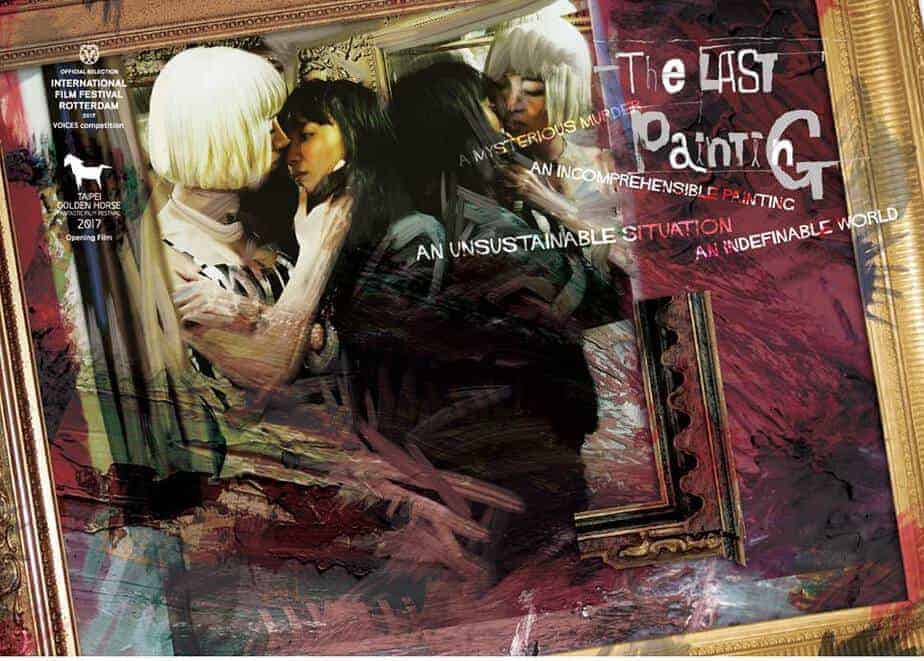
Chen Hung-i, who directs, pens and edits, uses a rather abstract and somewhat surrealistic narration, which, despite becoming a bit confusing at times, seems to fit the general aesthetics of the film quite well. Furthermore, it serves the plethora of messages he wants to present, which include the connection of art and politics, self-awareness, family, jealousy, sex, crime and punishment. His comments on the above subjects give the film a philosophical hypostasis, although the crime thriller elements remain in the background, only to come forth in the finale. (Panos Kotzathanasis)
33. The Road to Mandalay (2016) by Midi Z

Midi Z directs and pens a film much like a documentary, since realism is evident in every aspect. The way Lianqing crosses to Thailand, her workplaces, the places she lives, the lives of other immigrants, and her efforts to acquire legal working permit all have a tincture of disillusionment, usually associated with documentaries. The lack of music and intricate cinematic techniques (except a metaphoric one involving a giant lizard) also move towards this direction.
34. The Sadness (2021) by Rob Jabbaz
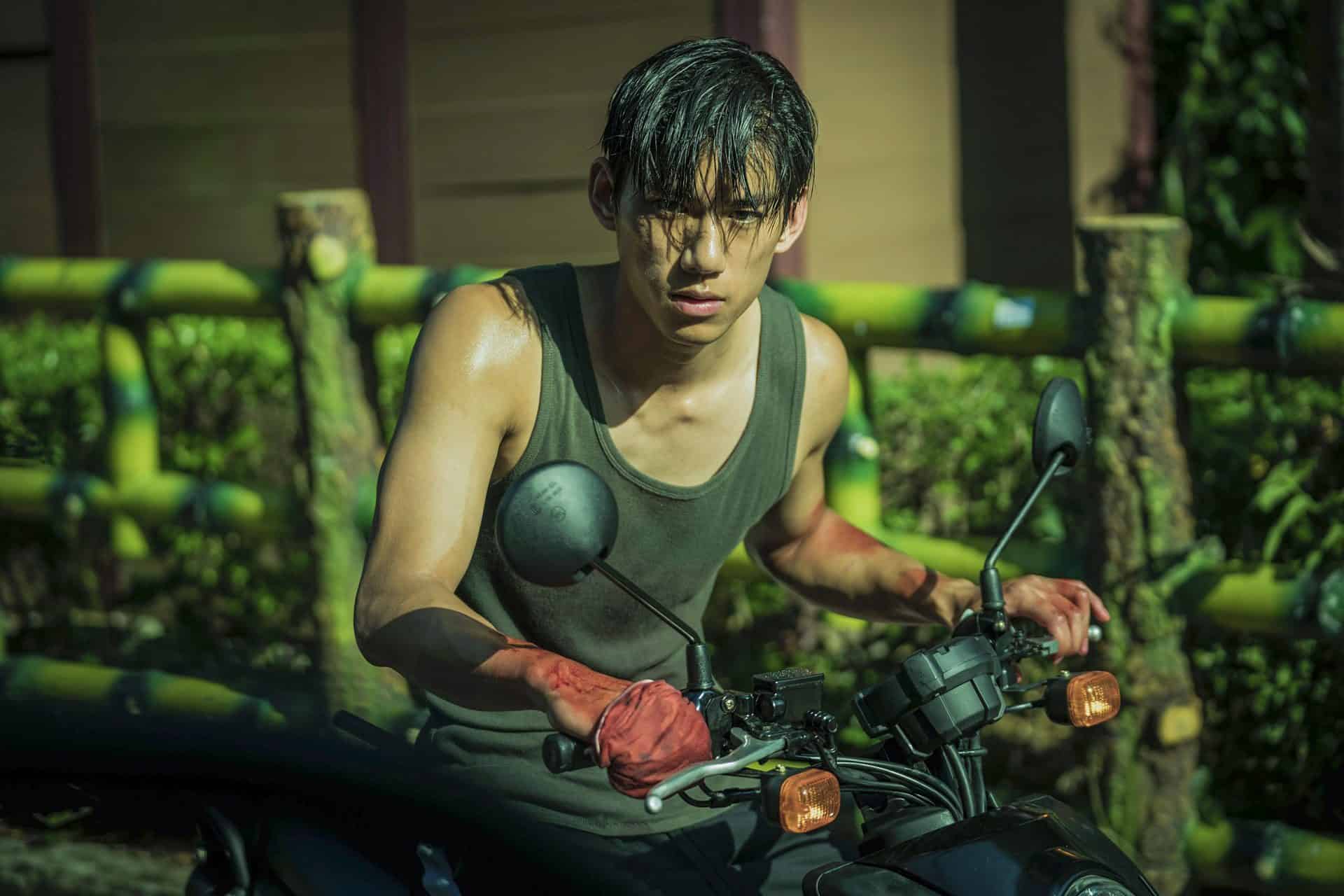
For the most part, “The Sadness” has a lot to like about it. Among the better features on display is writer/director Jabbaz's storyline that evokes current topical subject matters into the explanations for the viral outbreak. Touching on the idea of an initially harmless disease that doesn't have much in the way of damaging effects, to an infected individual beyond treatable symptoms, that the worry of it mutating into something far more dangerous is an eerie mirror of current society. The political ramifications about when the virus is unleashed upon the citizenry and how it's to be controlled and wiped out, focus much of the attention on other modern-day governments and how it's all being treated in the pop-culture landscape regarding the sources to be trusted, create a perfect parallel to the culture at the moment. (Don Anelli)
Buy This Title
on Amazon by clicking on the image below
35. The Silent Forest (2020) by Ko Chen-nien
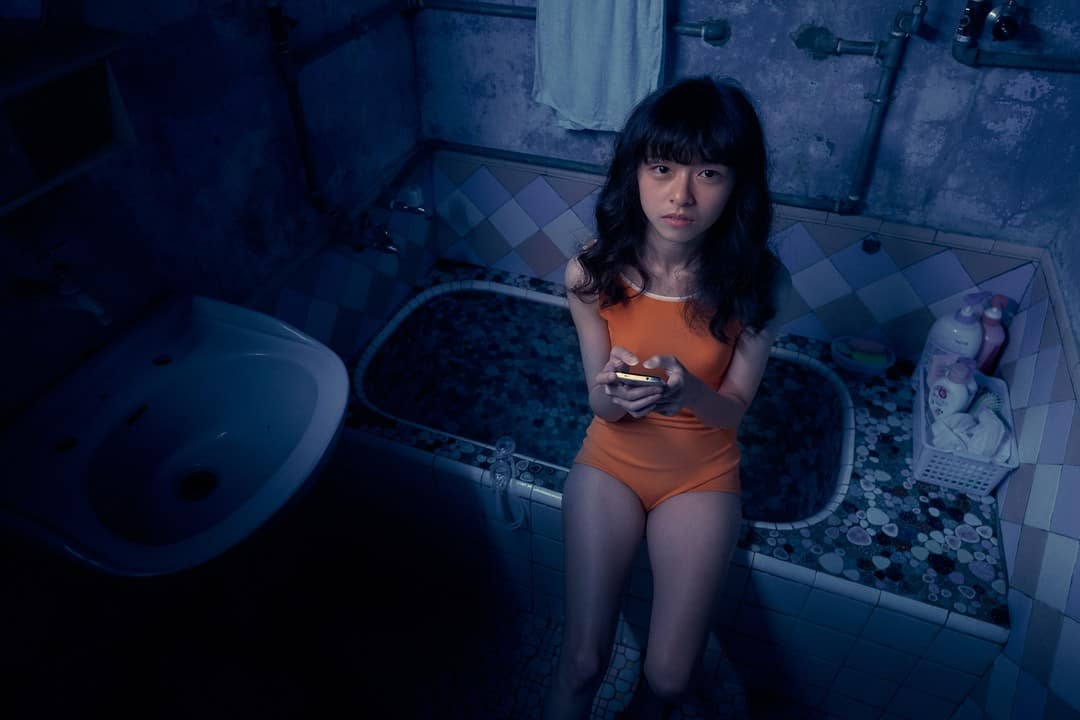
While the difficult subject can make the film a challenge, the importance of bringing light to such cases in order to bring about positive change is an undeniably important role that cinema can play. However, those viewers should also be warned of the unapologetic and grim portrayal of a broken system that harbored and protected abuse for years, leaving many destroyed for life. Consequently, It is hard not to feel anger while watching “The Silent Forest”, as the past abuse comes to light a fact made all the more infuriating by exploiting another's disability. Undeniably, the visceral reactions to the events portrayed will intrigue or dissuade viewers deepening on their own tolerance, but to put that aside there is an undeniable skill in director Ko Chen-nien's approach. (Adam Sumchuk)
36. The Tenants Downstairs (2020) by Adam Tsuei
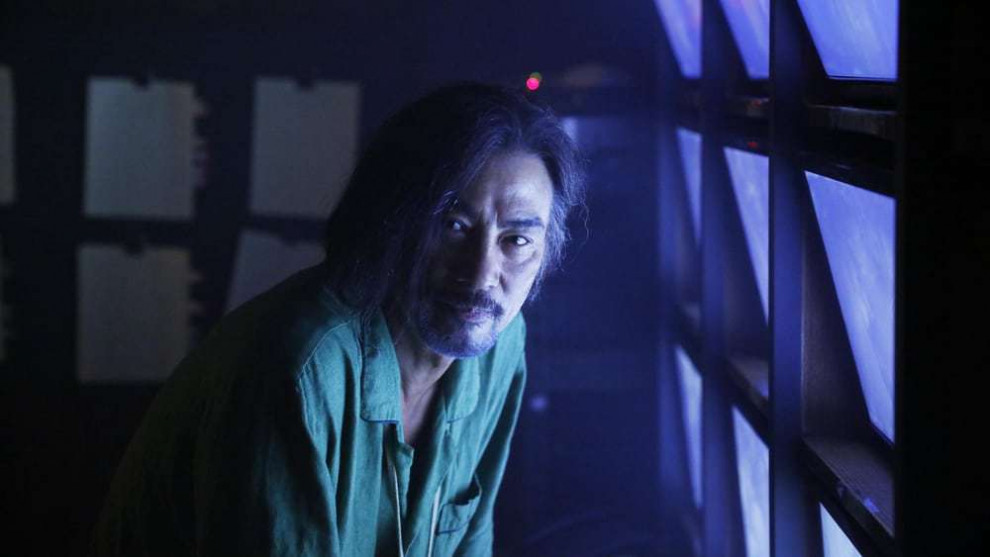
Adam Tsuei did not pull any punches in the depiction of the story, since sex and extreme violence are quite frequent in the film, with the latter increasing significantly as the story progresses, and the Landlord's meddling reaches new heights. At the same time, he presents a number of social comments, particularly regarding human nature, through a rather philosophical approach… “The Tenants Downstairs” is a great film that combines exploitation aesthetics with technical artfulness, in a very entertaining package that highlights both Adam Tsuei and Giddens Ko's prowess. (Panos Kotzathanasis)
Buy This Title
on Amazon by clicking on the image below
37. Who Killed Cock Robin? (2018) by Cheng Wei-Hao

Powered by strong acting performances by all of the cast members (though Mason Lee steals the show in the second half) and sharp production design underlining the busy feel of the metropolis captured through the lens of Chen Chi-wen's camera combining the hand-held mode with drone shots, “Who Killed Cock Robin?” is handsome and fun to watch. On the other hand, one should not expect any life-changing or genre-defining experience. (Marko Stojiljković)
38. Wrath of Desire (2020) by Zero Chou
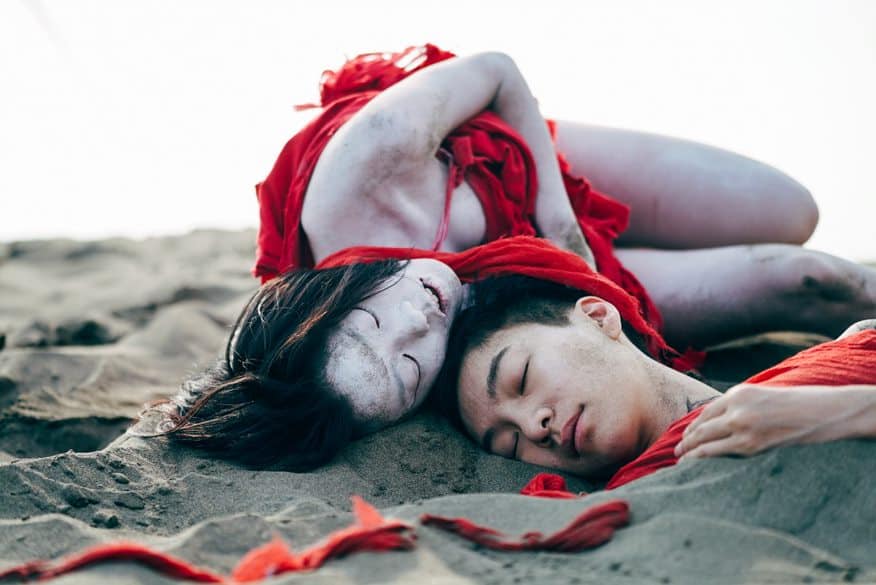
The camerawork and editing seem to evolve as the film goes on. While starting chaotic, unorthodox, and hand-held, as the story unravels further, the camera angles become steadier as the film becomes clearer. The way scenes were edited to show different perspectives of the same event at different times was done impressively well and resulted in them having more depth than it would have been possible by using a typical approach. Despite the editing having its praiseworthy elements, a case can be made that the movie could have been shorter. (Reinier Brands)

39. You are the Apple of My Eye (2011) by Giddens Ko

This film could be another teenage rom-com if not for Giddens Ko incorporating a great deal of sexual frankness, particularly through the teenage boys' tendencies in that department, which are presented in hilarious fashion, despite the fact that the film faced some censorship due to them. (Panos Kotzathanasis)
Buy This Title
on Amazon by clicking on the image below
40. Your Name Engraved Herein (2020) by Kuang Hui Liu
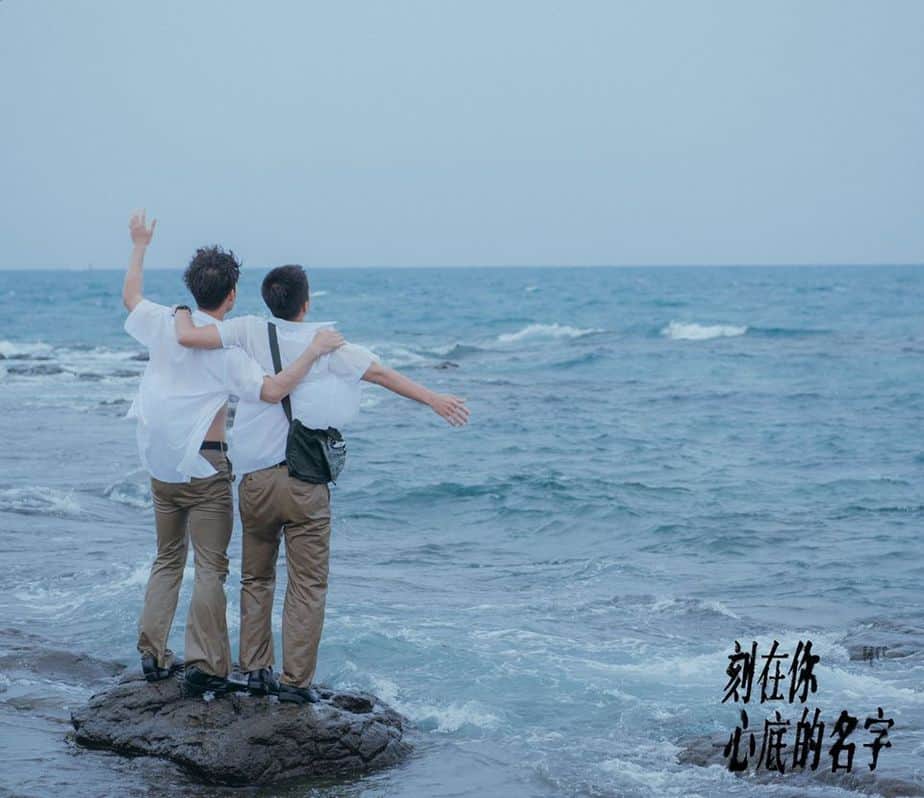
“Your Name Engraved Herein” is not a classical story about love between two people of the same sex. There is no real happy end, and nobody gets really naked. It pays attention to historic details and it shows another kind of reality, the one that is just a very short step back into the past, unkind to personal choices and the individual's wish to break free from the chains imposed by the society. When it gets too emotional, it does for a reason, even though a slightly less Broadway-like ending would have been more fitting. (Marina Richter)


